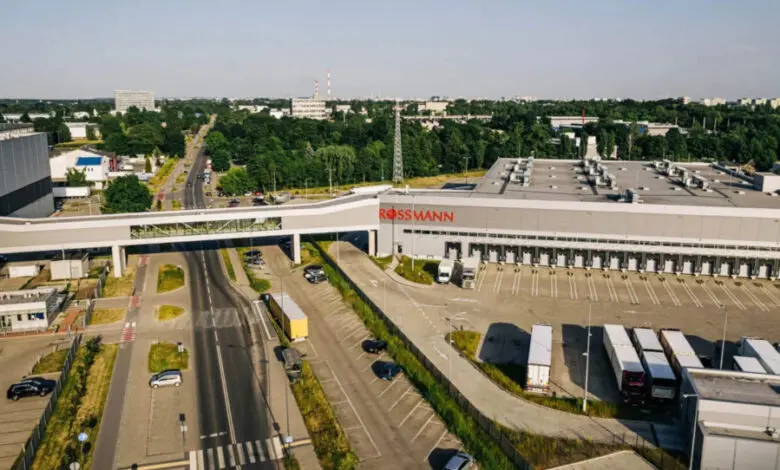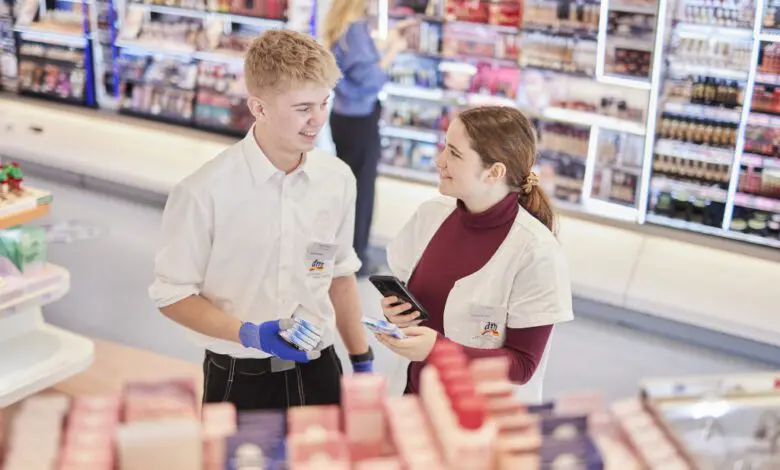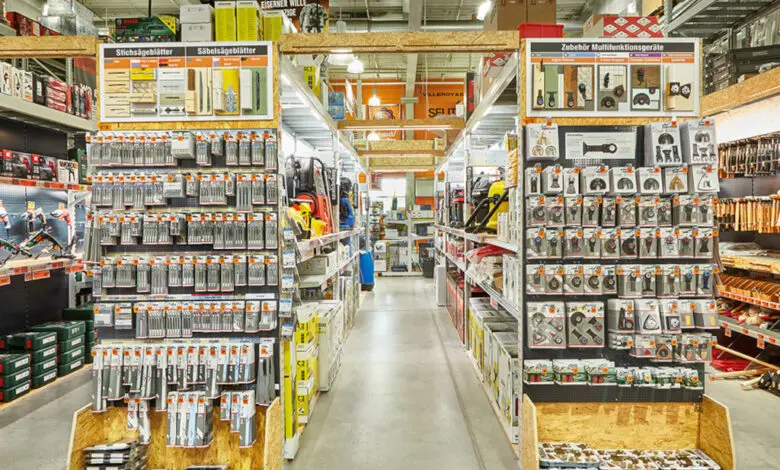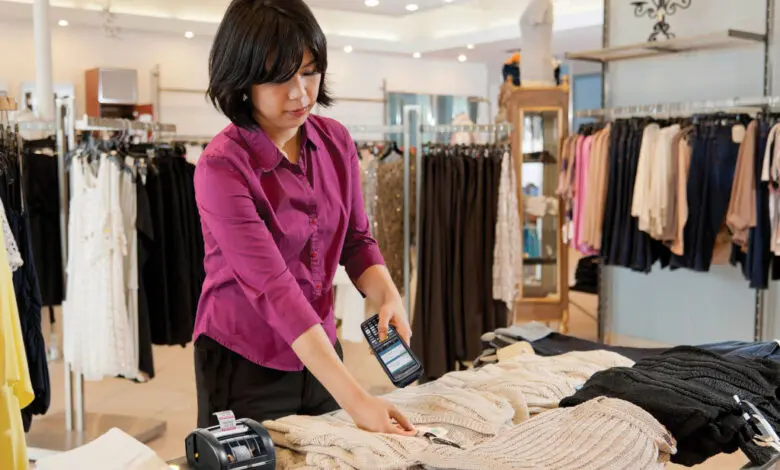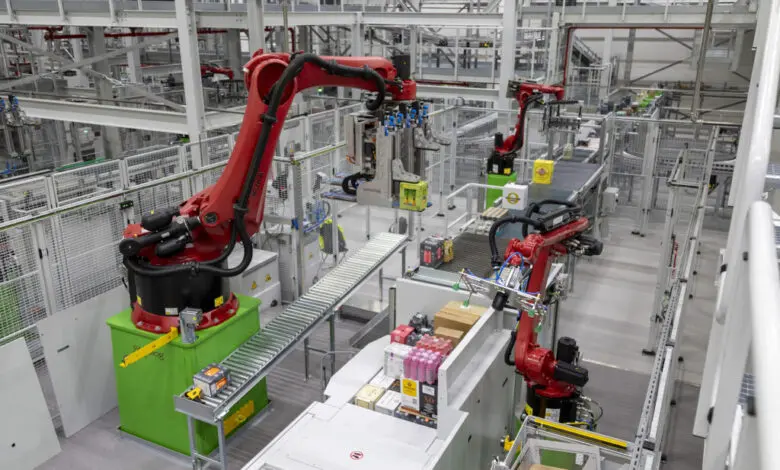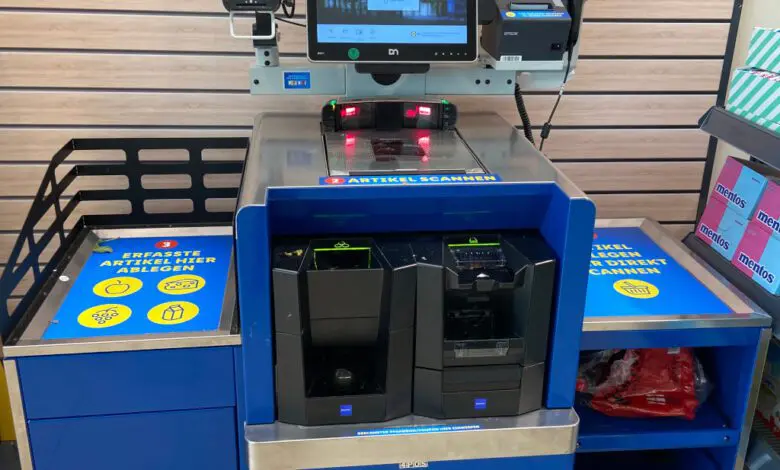Rossmann is automating large parts of its distribution centre in the polish town of Pyskowice with solutions from Körber. Various automation technologies from the general contractor will be used in the distribution centre.
Read more >>dm Drogeriemarkt
There was a great atmosphere at Dr. Thompson's Seifenfabrik in Düsseldorf last night: IT managers from leading retail companies such as Colruyt, dm Drogeriemarkt, Edeka, Lidl, MediaMarktSaturn, Migros, Takko Fashion, Woolworths and many more celebrated together with their technology partners. EHI Retail Institute has selected the winners of the 18th Retail Technology Awards.
Read more >>dm will deploy forecasting and replenishment software from Relex across Europe in future. Since the end of 2021, the drugstore operator has been planning product ranges and shelves store specifically with solutions from the Finnish technology provider.
Read more >>Hornbach is implementing AI-based forecasting and replenishment solutions from Relex across Europe. With the platform from the Finnish software provider, the DIY store operator is replacing SAP's F&R Engine.
Read more >>Retail companies in the German speaking countries are already achieving efficiency gains, as demonstrated by practical examples of artificial intelligence at the checkout processes at Netto, at Rewe Group and in store layout planning at Rossmann. The use of AI in sales support and task management at M-Preis demonstrates how the technology makes employees’ work easier. AI also provides tips…
Read more >>Last week, Rewe Group launched a new distribution centre in Magdeburg Rothensee with automation technology from Kuka subsidiary Swisslog. Up to now, the retail group has mainly relied on Witron for the automation of distribution centres, whose automation technology largely operates without robotics.
Read more >>The atmosphere was excellent last night at Dr Thompson’s Seifenfabrik in Düsseldorf: Top IT managers from Edeka Group, Tegut, Rewe Group, Schwarz Group, Douglas, Benetton and many more had every reason to celebrate with their technology providers. Yesterday, EHI Retail Institute honoured the winners of the Retail Technology Awards Reta for the 17th time as part of Eurocis 2024. The…
Read more >>While Lidl has already implemented the new self-checkouts throughout Romania, the major roll-out in Germany, as well as in other countries such as Spain and Italy, will apparently start in Lidl's next financial year, which begins in March and ends in February 2025.
Read more >>Drugstore retailer dm has equipped around 2,100 of its 4,036 stores across Europe with Samsung smartphones of the Galaxy A series. Almost all internal processes and tasks are now handled via the devices. Employees can access information about the products via an app on their smartphone and thus provide customers with better advice. Traditional store and merchandise management processes are…
Read more >>dm Drogeriemarkt provides its own ChatGPT variant called dmGPT for employees at the company headquarters. The Retail Optimiser spoke with Andreas Gessner from dm Tech about the AI chatbot, which runs on dm's infrastructure to ensure data sovereignty. The solution is to be expanded step by step for all company divisions.
Read more >>
